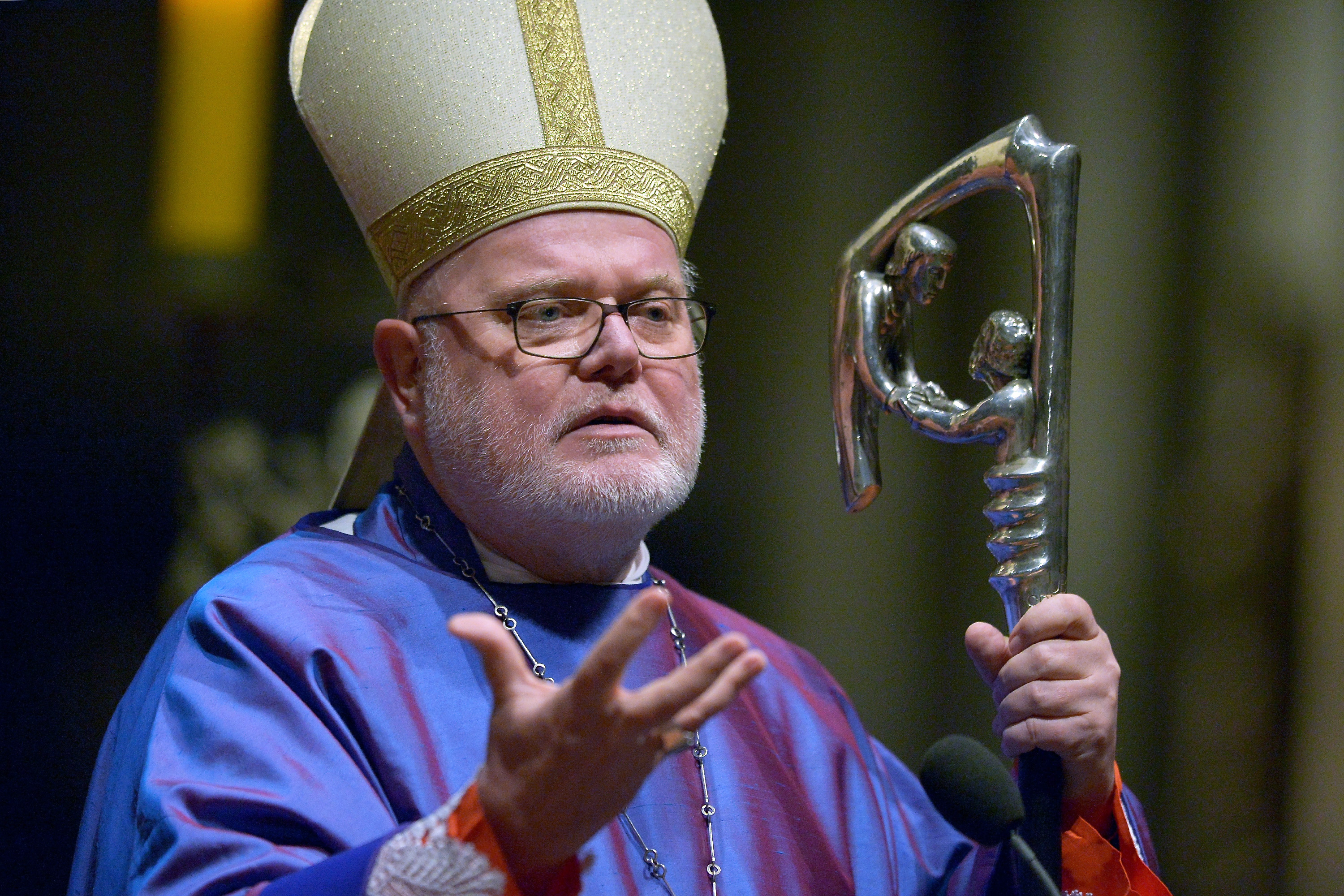Bishops condemn TV shutdown
Catholic bishops in Kenya have denounced the government for shutting down the three largest private television channels. The move came ahead of plans by Kenya Television Network, Citizen Television and Nation Television News to broadcast opposition leader Raila Odinga’s self-declared “inauguration” on 30 January.
Kenya’s Supreme Court annulled the results of last August’s presidential election, showing Uhuru Kenyatta the winner, citing “irregularities”. Mr Odinga then refused to participate in a second election, which Mr Kenyatta won. He was sworn in for a second term in November. Mr Odinga has refused to recognise his victory, and has declared himself the “people’s president”.
South Korea’s bishops are calling for the 2018 PyeongChang Winter Olympics, which start this weekend, to be an instrument of peace. Bishop Peter Lee Ki-heon of Uijeongbu, the president of the Korean Bishops’ Committee for the Reconciliation of the Korean People, says he hopes the games “will be a turning point to reduce the uneasiness … on the peninsula”. North and South Korea agreed to compete under the same flag at the games.
Muslim leaders in the southern Philippines island of Mindanao have declared Marawi, which was devastated by a five-month armed conflict last year, as a “zone of peace” and have vowed to assist the reconstruction of the city. Bishop Edwin de la Peña, of the Catholic Prelature of Marawi, welcomed collaboration with the Muslim community, saying: “We will accompany you all the way.” At least 147 government troops, 45 civilians, and 660 terrorists have died in armed clashes with Islamist militants. More than 600,000 Filipinos have been forced out of their homes.
Four Catholic priests of the Ujjain Diocese in Madhya Pradesh state in India have been charged with rioting and criminal intimidation after they resisted an attempt by a hard-line Hindu group on 27 January to seize land in front of a Catholic hospital. Members of the Hindu nationalist Bharatiya Janata Party (BJP), which runs the state, accuse the Church of illegally occupying the site.
Church defends protests
Catholic bishops in the Democratic Republic of Congo have defended their involvement in politics after President Joseph Kabila accused them of leading “Catholic dissent”. They said that they were standing up for the people who demonstrated across the country in December and January – which provoked a government crackdown in which several protesters died. Mr Kabila’s second and final term officially ended in December 2016. However, the president has still not stepped down.
Catholic bishops in Australia have told a parliamentary inquiry that proposed new treason laws, aimed at curbing foreign interference in national politics, could force priests and Religious to register as foreign agents of the Pope, or as Vatican officials. The Bishop of Toowoomba, Robert McGuckin, told the inquiry that the Espionage and Foreign Interference Bill would “silence” the Church. Universities and media organisations have also expressed alarm about the proposed legislation.
The presidential elections in Costa Rica will go to a run-off in April after an evangelical preacher, Fabricio Alvarado, scored a surprise win in the first round by this week. Mr Alvarado, from the conservative National Restoration Party, failed to secure 40 per cent of the vote to win outright, however.
The election was dominated by the issue of same-sex marriage, after the Inter-American Court of Human Rights ruled that Costa Rica should recognise it. The Catholic Church and the Evangelical Alliance Federation have joined forces to oppose same-sex marriage.
All the presidential candidates agreed to abide by the court decision, apart from Mr Alvarado. He will face a former labour minister, Carlos Alvarado, of the centre-left Citizen’s Action Party (PAC), in the second round on 1 April.
Bombings halt peace talks
The rebel National Liberation Army (ELN) has claimed responsibility for a series of bombings between 27 and 28 January in Colombia that targeted three police stations, killing seven officers. Colombian President Juan Manuel Santos suspended peace talks with the ELN on 29 January. Representatives from the Catholic Church had been accompanying the peace talks with the ELN, held in Quito, Ecuador.
The Venezuelan Episcopal Conference has condemned a vote by the country’s National Constituent Assembly to hold an early presidential election, saying it will deny citizens their democratic rights. The Assembly, created by President Nicolas Maduro, voted on 23 January to approve a plan to hold the election by the end of April, months ahead of the traditional election date which usually is in December. The ruling Socialist Party officially nominated Mr Maduro as its candidate on 2 February. The bishops reiterated that the Constitutional Assembly is “unconstitutional and illegitimate.” Mr Maduro would serve a six-year term if he is elected.
Addressing an audience in Holy Name Cathedral in Chicago Cardinal Blase Cupich has called for what he termed a “consistent ethic of solidarity”, modelled on his predecessor Cardinal Joseph Bernardin’s “consistent ethic of life”.
Some pro-life advocates have criticised Bernardin’s approach, fearing it diminishes the focus on abortion. But Cardinal Cupich insisted Bernardin was right to link all life issues, from abortion to nuclear war.
Catholic priests and deacons ministering to migrant Catholic communities in the Melbourne Archdiocese are being trained to identify forced marriage. A workshop run by Australian Catholic Religious Against Trafficking in Humans (Acrath) will explore 2013 legislation that made forced marriage in Australia illegal. Acrath national committee member Sr Louise Cleary said: “We know that forced marriage happens across all religions and cultural groups.” Migrant Catholics in Australia are drawn from 21 language and cultural groups.


 Loading ...
Loading ...